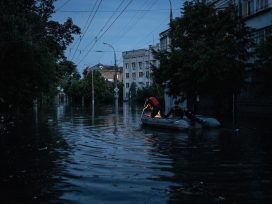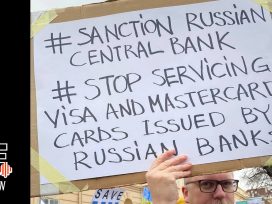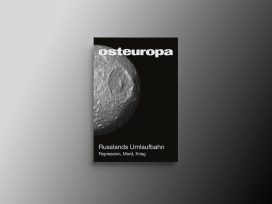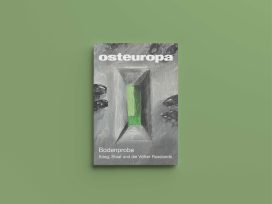Today’s guest is a native of Sevastopol: Anton Shekhovtsov, Director of the Centre for Democratic Integrity, and author of the book ‘Russia and the Western Far Right’.
In this episode, he tells about Russian imperialist mythology and how the insane propaganda of Ukraine’s denazification came about; the new status of Belarus as a mere vassal state; desertion as a political option; and how western elites have abandoned their alliances with Vladimir Putin – with a few notable exceptions.
This podcast episode is a condensed and edited version of a longer conversation, which is available in its entirety only to our Patrons, featuring bonus material about the Biden administration’s non-interventionist stance and Donal Trump’s surprising comments on Putin’s tactical genius.
You can become a patron by pledging as little as 5 euros a month, or more for even more giveaways and exclusive content on Patreon.
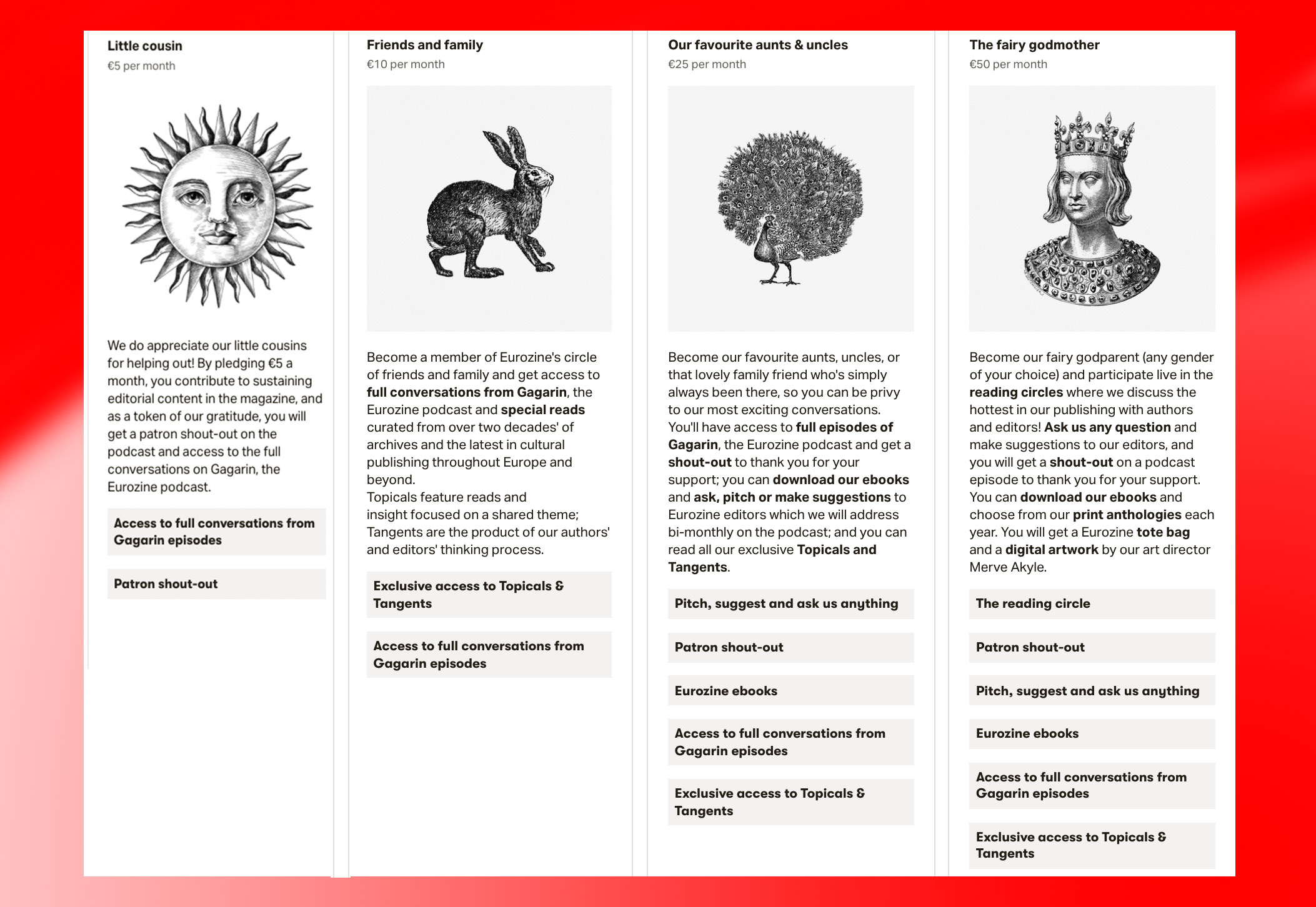
Find Anton Shekhovtsov’s petition to Western universities here. You can read more from him in Eurozine, and more on Ukraine in our long-running focal point, Ukraine in European dialogue.
Please subscribe to the podcast on Spotify, Apple podcasts, Castbox, Stitcher, Soundcloud or wherever you listen, and leave a review so more people can find us. You can also subscribe to our newsletter, so you’ll always know what’s worth thinking about.
